Laikipia
Off Madagascar the other day the Indian Ocean gave birth to a little storm called 11S. As its gyre turned clockwise over the sea, 11S gained momentum until it was a huge vortex of thunder and lightning christened Tropical Cyclone Dumazile. Like a naughty lover yanking away the shower curtain so that everything in the bathroom is sprayed with hot water, Dumazile pulled the entire weather system of mainland Africa eastwards. The effect was to suck the clouds from the steamy jungles of Congo’s river basin across the equator and dump their entire contents over our farm in highland Kenya.
There was I enjoying the dry season. ‘How’s the farm?’ asked people through February. ‘Dry,’ I said. Around this time of year I always say, ‘It’s dry.’ My teenage children get bored of hearing me say it and roll their eyes. ‘Yes, Dad, we know.’ I secretly enjoyed the dry season. It reflected my mood after three tough years. Prolonged drought suited me. I had even given up alcohol. Every damn thing in my life was dry.
The rain chart I have obsessively compiled over 14 years shows we have a seven per cent chance of rain in February — and it had not even drizzled a millimetre since November. Everything was heat, dust and blue skies. Strange birds arrived from the north, as they always do in this season. The land was tawny and dead. We were using the drought to get jobs done, furiously building new fences and preparing a new field for alfalfa. The dams were empty, ready to be dredged out. Boniface fired up the tractor and was excavating a new irrigation reservoir. For months the land had been asleep, our tropic winter.
In mid-February, while dressing before dawn, I was perplexed to find a toad in my boot. That, I thought, should not happen for weeks. In the valley the wait-a-bit thorn suddenly blossomed white and fragrant, always a harbinger of rain. A gang of elephant burst through the perimeter fence and went about smashing trees for a few days before moving on south. They never come before time. Bee-eaters appeared in the garden tree branches and tortoises began copulating loudly under the bedroom window. Dragonflies started pointing east as they hovered over dwindling bodies of water, preparing for their mysterious jet-stream migrations to India. Mud tunnels of termites zigzagged across the ground, millions of capillaries bursting alive on the desiccated dead soil.
All these were signs of impending rain but the satellite maps of Kenya showed not a cloud, not a drop of rain until April. I chuckled at the mistakes Nature was making, knowing that the drought would continue. Storm 11S was still off out in the ocean somewhere. At that stage Dumazile was just a twinkle in Neptune’s eye. And yet the sausage flies were buzzing against my desk lamp at night! The euphorbia trees had burst into flower! Looking back, I am always amazed at it all, the way the signs tell you what’s about to happen long before technology can.
On the last day of February the sun came up and as usual the cerulean skies had not a fragment of white in them. ‘Dry,’ I said. Early afternoon I noticed a few clouds — and then suddenly there it was, the scent of rain. In Laikipia the ‘petrichor’, a lovely word suggesting the blood of the gods full of ambrosia and nectar, is a smell that is so delicious after drought that you drink it in. It is so fleeting and impossible to apprehend, yet one of the loveliest you can know. It came to me long before I felt even a droplet of rain fall on my head.
After tea dust devils rose up off the land. Clouds appeared out of nowhere, changing from white to grey to dark blue. Storm dragons leered down out of the great mass, lightning, thunder — and the cumulonimbus split open and columns of water splashed down. These were high-budget special effects. Everybody on the farm was running around clearing drains, ditches, gutters and furrows, trying to make water go where it should into tanks and reservoirs. Splashing around in mud and rain trying to make water go down the channels you want it to has to be among the most enjoyable of all activities. Dams swelled, the house thatch leaked, and all was wet and dripping and sodden. As night fell bullfrogs assembled choirs. Every wild animal brayed or roared in the dark.
That was a week ago. It is still raining, as Cyclone Dumazile runs giggling towards the Antarctic Ocean.
Got something to add? Join the discussion and comment below.
Get 10 issues for just $10
Subscribe to The Spectator Australia today for the next 10 magazine issues, plus full online access, for just $10.
You might disagree with half of it, but you’ll enjoy reading all of it. Try your first month for free, then just $2 a week for the remainder of your first year.


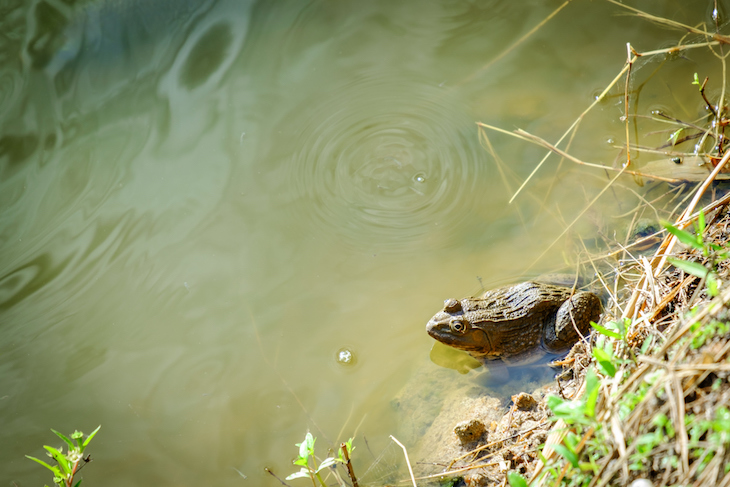
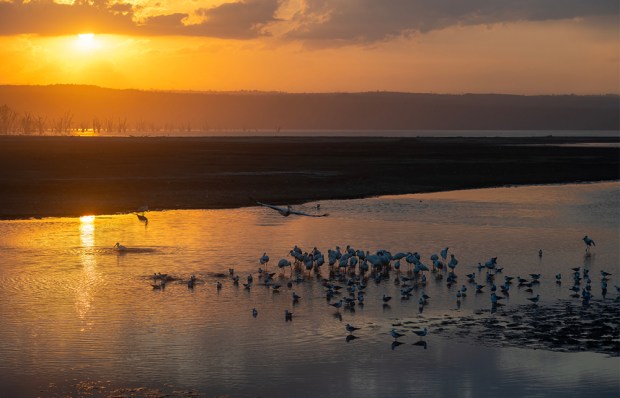
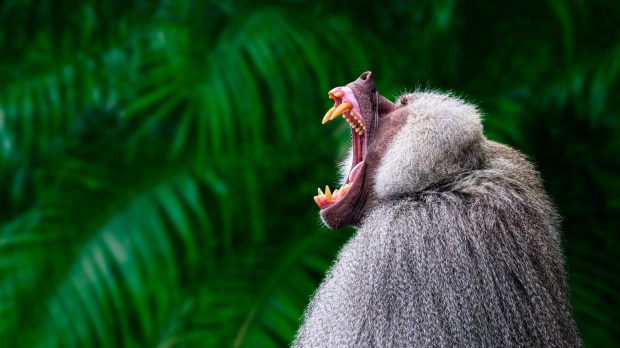

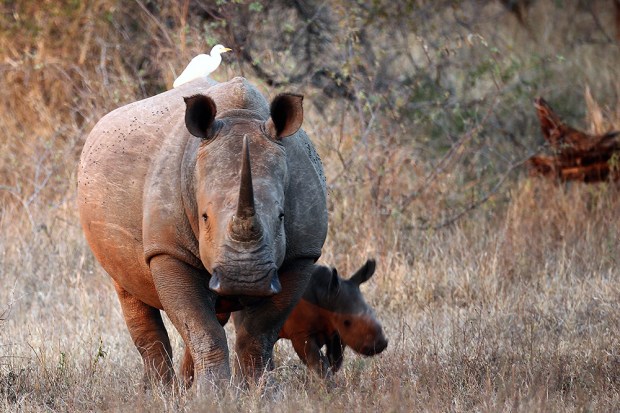
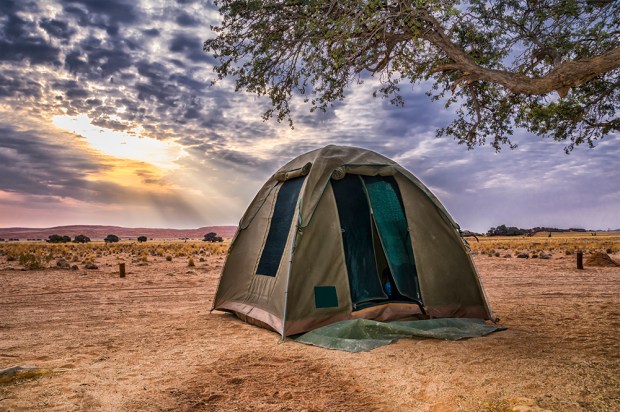







Comments
Don't miss out
Join the conversation with other Spectator Australia readers. Subscribe to leave a comment.
SUBSCRIBEAlready a subscriber? Log in